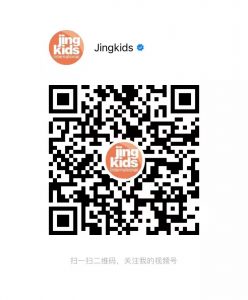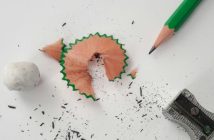Autism, or autism spectrum disorder (ASD), refers to a broad range of conditions characterized by challenges with social skills, repetitive behaviors, speech, and nonverbal communication. There is not one autism but many subtypes, which is why it’s referred to as a spectrum disorder. Most people on the autism spectrum are influenced by a combination of genetic and environmental factors. Because autism is a spectrum disorder, each person with autism has a distinct set of strengths and challenges. The ways in which people with autism learn, think, and problem-solve can range from highly skilled to severely challenged. Some people with ASD may require significant support in their daily lives, while others may need less support and, in some cases, live entirely independently.
Let’s look at the statistics of the prevalence of autism in China:
- Approximately 1% of the Chinese population is autistic. That might seem like a small number, but according to the 2021 census, that’s 1.4 million people.
- 1.1 in every 1,000 children under the age of six are autistic, totaling an estimated 111,000 people.
- 77,000 children registered are in rehabilitation centers nationwide.
- 36,000 autistic children receive rehabilitation aid according to China’s Disabled Persons’ Federation (CDPF).
- RMB 432 million is the government investment in the rehabilitation of autistic children.
- CDPF expects to establish a public medical aid system as the government prepares to invest more in the education and rehabilitation of autistic children.
In Beijing, Stars & Rain (Xin Xin Yu) runs one of the most celebrated autism rehabilitation facilities in China, housing over 300 students, but considers its primary cause to be parent education and public awareness. Stars & Rain also trains teachers and offers vocational training to autistic teens as a means to prepare them for the future.
In order to fully appreciate what Stars & Rain, founded in 1993, (and other charities with similar causes) are doing, it’s important to understand two things: 1) there is very little education on “disabilities” or “disorders” in China, so the majority of people don’t understand what autism is, and 2) the number of autistic children is growing and will continue to grow as the new two-child policy was put in place.
The social stigma associated with autism is strong in China where the idea of honor, “face”, and shame are paramount to their communal existence. Parents of autistic children are often blamed for their child’s state and will abandon or hide their child at home to avoid the public shame of having committed a sin (karma) or made a mistake during their pregnancy (a common belief). Educating parents on recognizing autism, what it is, and how to deal with it is Stars & Rain’s foremost concern. With such a social stigma, it’s not hard to see why Stars & Rain is also very concerned with public awareness—after all, one can build special education schools and classrooms, provide aid and scholarships, but if the parents won’t accept help out of fear of humiliation, then the children still cannot be helped.
For more information on Stars & Rain, visit their website. If you’d like to learn more about how Stars & Rain was founded, watch the Jet Li movie, Ocean Heaven (2010), which is loosely based on the lives of the founder, Tian Huiping, and her son Yang Tao, but from a father’s perspective.
Scan the QR code to watch our video that busts myths about autism.

To learn more about autism and how you can help raise awareness, check out Special Education Network & Inclusion Association (SENIA) Beijing’s presentation.
KEEP READING: The Kids With The Designer Genes – It’s World Down Syndrome Day
Images: Pexels, SENIA Beijing




